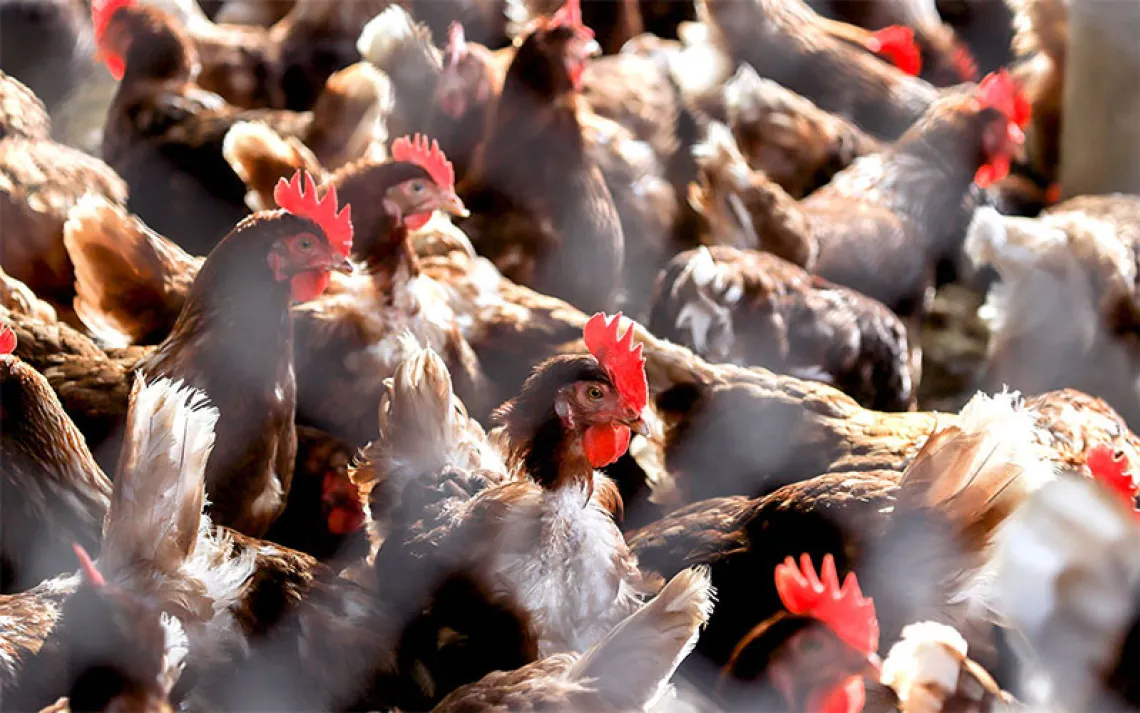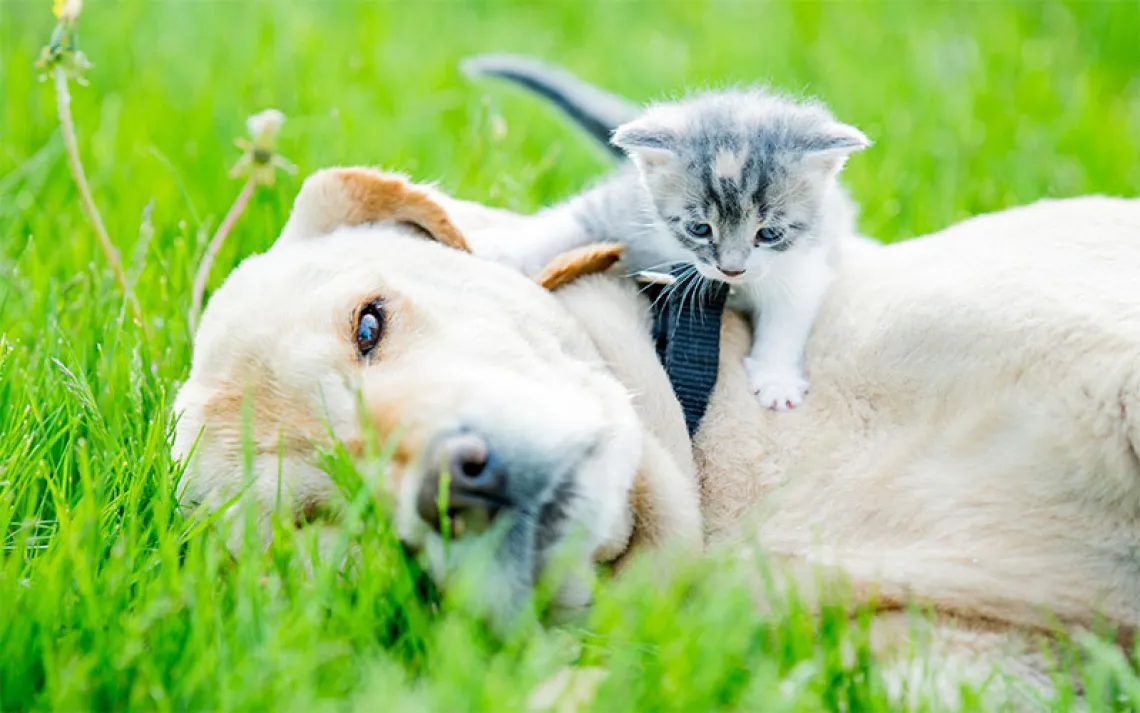A Steaming Cup of...Herbicide?

Photo by iStockphoto/Wavebreakmedia
If you live in California, you have likely encountered Proposition 65 signs alerting you to the presence of carcinogenic chemicals pretty much everywhere you go, from Disneyland to your local coffee shop. Mandated by California’s Safe Drinking Water and Toxic Enforcement Act of 1986 (more commonly known as Prop. 65), the labels are intended to inform consumers if a product or public space contains a chemical known to cause cancer, birth defects, or other reproductive harm.
California health officials have issued an intent to add glyphosate, the active ingredient in Monsanto’s RoundUp weed-killer, to its catalogue of cancer-causing chemicals. A listing would ultimately require the brand-name herbicide to carry a warning label, putting RoundUp in the same class as paint solvent, wood varnish, and 52 other pesticides. This seems reasonable considering that comparatively innocuous products like coffee and calculators also carry Prop. 65 markers.
But Monsanto disagrees. The biotech conglomerate is suing the state’s regulatory agency over its intent to associate the herbicide with Frappuccinos and formaldehyde via a Prop. 65 listing. Monsanto maintains that glyphosate is not a carcinogen, despite its classification as “probably carcinogenic to humans” by the World Health Organization’s International Agency for Research on Cancer in March, 2015.
It’s true that the cautionary labels are controversial. Many argue that the signs appear so frequently, and on such benign products, that they actually undermine consumer health. However, supporters of Prop. 65 maintain that the warnings allow people to make informed decisions about potentially harmful products.

Make every day an Earth Day
Get articles like this one sent directly to your inbox.
With this action you affirm you want to receive Sierra Club communications and may vote on policy designated by the Sierra Club Board.
The truth probably rests somewhere in the middle. While you might not be persuaded enough by the generic cancer advisory in Starbucks to stop drinking coffee (which contains traces of a carcinogenic chemical called acrylamide) you might think twice before buying baby food with the same label. Similarly, a Prop. 65 warning on a can of paint thinner might not dissuade you from buying a product you already know should be handled with care.
By this logic, there is little reason for the multi-million dollar company to fight a Prop. 65 listing that is unlikely to significantly impact sales.
But for the foreseeable future, it seems that the company will continue to insist that its herbicide is less deserving of a cancer warning than a cup of joe. Perhaps Monsanto executives are substituting their morning Red Eyes for steaming cups of RoundUp just to prove their point. It would certainly explain a lot.
What You Can Do
Get the EPA to label glyphosate as cancer-causing and begin the process of imposing stronger regulations on the chemical.
 The Magazine of The Sierra Club
The Magazine of The Sierra Club



